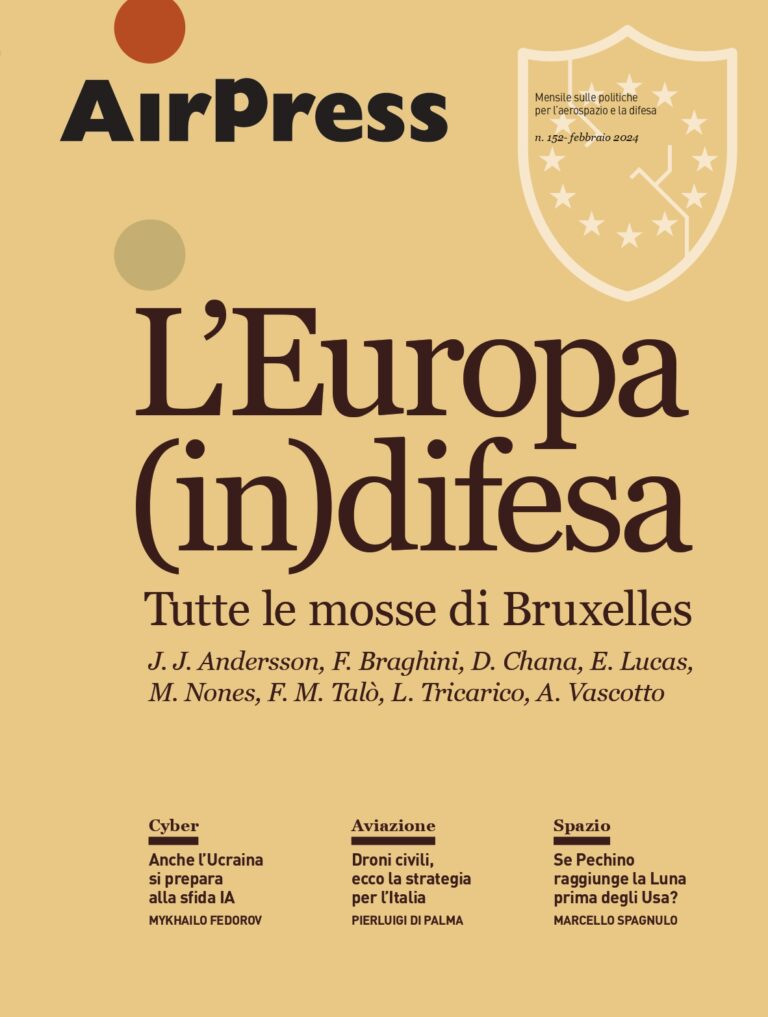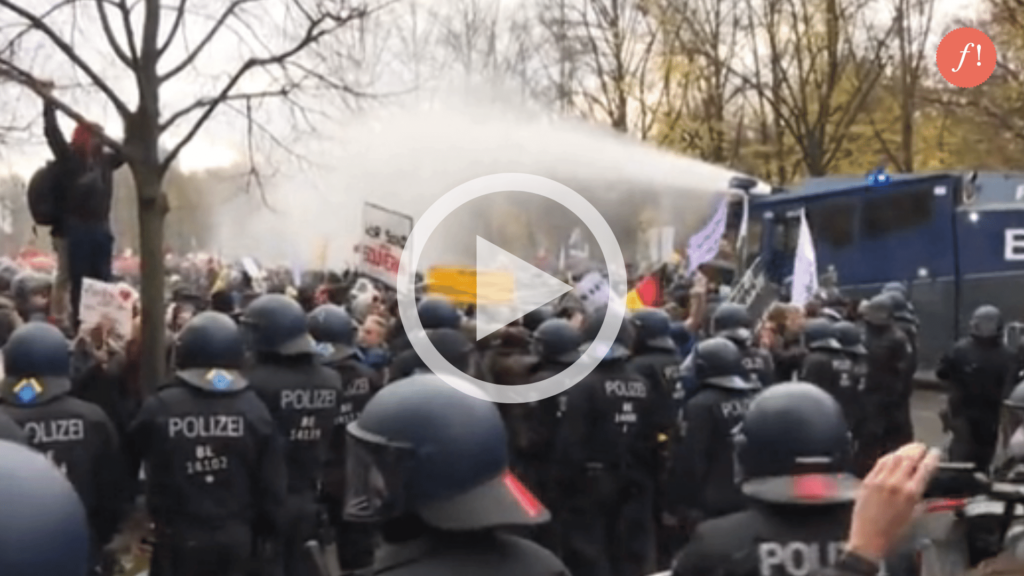Italy puts on its mediator hat in Tripoli as the Italian ambassador to Libya expands Rome’s commitment to stabilise the conflict-torn country and aid its recovery. Migration, border security, human rights, cooperation and development, plus a pinch of self-interest: here’s the Italian recipe.
Giuseppe Buccino, the Italian ambassador to Libya, has presented the UN-backed government in Tripoli with a memorandum of understanding covering a series of issues crucial to both countries, following the Italian-Libyan Joint Committee meeting in Rome on July 2nd.
The memorandum builds on that meeting to flesh out a common approach to contrasting irregular migration and human trafficking from Libya to Italy (with an eye on human rights and the involvement of UN bodies such as UNHCR and OIM), national border security and strengthening, and cooperation in the field of Libya’s development.
These diplomatic efforts come amidst strengthening Italian-Libyan relations and a steep increase in meetings between diplomats of the two Mediterranean countries.
As things stand today, Libya remains divided into two warring factions, each backed by a host of international actors with varying interest in the region. The UN-backed government in Tripoli, led by Fayez al Sarraj, is maintaining a fragile ceasefire with the Eastern rebels led by general Kahlifa Haftar, who have relegated to the country’s oil-rich Cyrenaica region.
As explained by Daniele Ruvinetti, an expert on Libya and strategic advisor, the ceasefire is mainly a consequence of a deal reached between Turkey and Russia, who respectively support Mr Sarraj and Mr Haftar’s forces (in violation of the UN-imposed arms embargo). As the two powers discuss control over strategic cities and oil fields, they actually benefit from Libyan instability.
Italian defence minister Lorenzo Guerini has outlined several times Italy’s position on the ongoing Libyan conflict. He stressed that the only way forward passes through a continued ceasefire, an end to foreign interference and intra-Libyan diplomatic talks attempting to rebuild the nation’s social and political unity. Only then can the country get back on its feet, economically speaking.
The Italian-Libyan memorandum and the talks around it amount to an expansion of Rome’s commitment to this line, to be carried out in full cooperation with the UN-backed Libyan government.
Mr Buccino met with Libyan foreign minister Mohamed Taher Siala on Tuesday to discuss joint efforts. According to our sources, he will also meet interior minister Fathi Bashaga and deputy PM Ahmed Maiteeg, who have been at loggerheads in the last days; Mr Buccino will attempt to aid the reconciliation of the pair’s political stances.







